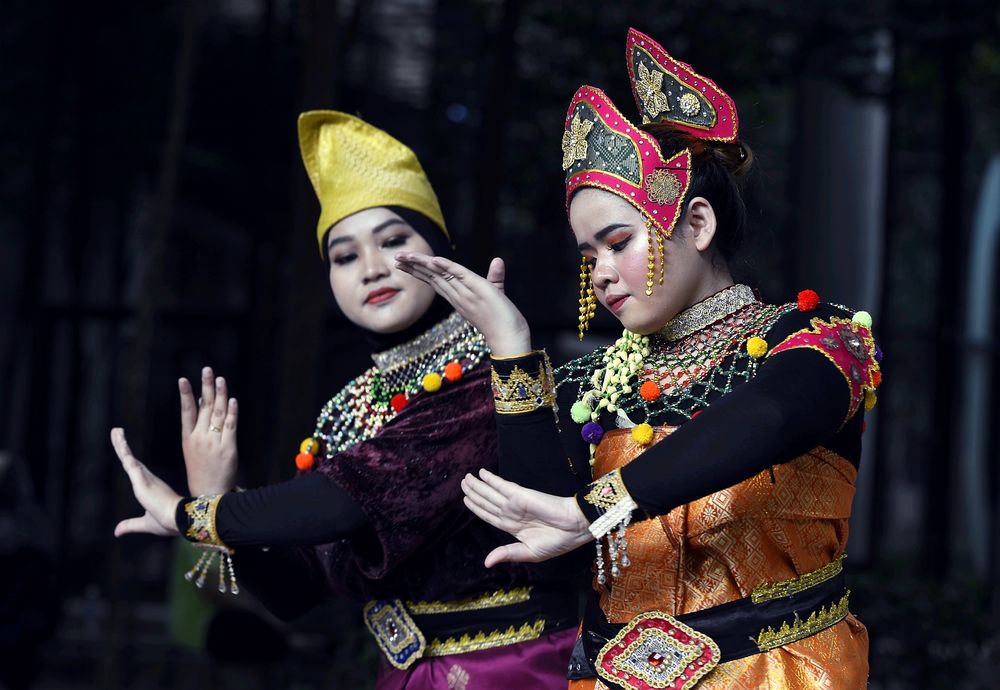KUALA LUMPUR, Sept 30 — Strict guidelines imposed by the Kelantan government on Mak Yong performances, despite recently lifting an almost three-decade-long ban, have seen the art move away from its historical roots, said arts NGO Pusaka.
Its chairman Eddin Khoo was quoted by The Star saying the restrictions imposed on Mak Yong, a traditionally female-dominated performance which is distinctive to Kelantan’s history, has seen it transform into “something else”.
“After the lifting of the ban, the tradition has become one for men.
“It’s another form altogether. It’s not the original form.
“It shouldn’t have been banned in the first place and now you make a big hoo-ha about the lifting of the ban when actually you have transformed the tradition entirely and have pulled it out of its roots from Kelantanese society, which is very destructive,” Khoo was quoted saying by the daily.
Khoo explained that restrictions meant that organisers must now ensure male and female performers and those in the audience are separated by gender, and that performances do not contain elements of worship.
He said Mak Yong, which was originally practised as a strict tradition as part of Kelantan’s history upholding the unique place of women within the state, is now a form of entertainment.
“It is also a very therapeutic form of theatre and a healing tradition. This is a tradition that is hundreds of years old.
“It defines and encapsulates the culture and traditions of Kelantan. We should put a stop to bureaucratic interference in what is our country’s heritage,” Khoo added.
The report also quoted Cultural Economy Development Agency CEO Izan Satrina, who said the lifting of the ban was a step in the right direction for the Kelantan government, but admitted there is a need to promote the freedom of artistic expression among Malaysians.
“Presenting Mak Yong with conditions may alter its authenticity and therefore transform the origins of Mak Yong to something new,” she was quoted in the report.
Mak Yong performances were outlawed by the Kelantan PAS government in 1991, with the ban becoming official in 1998 when the Entertainment and Places of Entertainment Control Enactment was passed by the state assembly in that year.
Mak Yong was previously proclaimed as an Intangible Cultural Heritage by the United Nations Educational, Scientific and Cultural Organisation (Unesco) in 2005, in a last-ditch bid to save the performance art.
Mak Yong has been performed in the region for nearly a millennium, and historians believe it was brought to Kelantan around 200 years ago.
A performance entails dancing, acting and singing ― telling stories dating back to the Srivijaya Empire in the 7th century, and the times of the legendary Kelantan queen Che Siti Wan Kembang who was believed to have ruled between the 14th and 16th centuries.



















